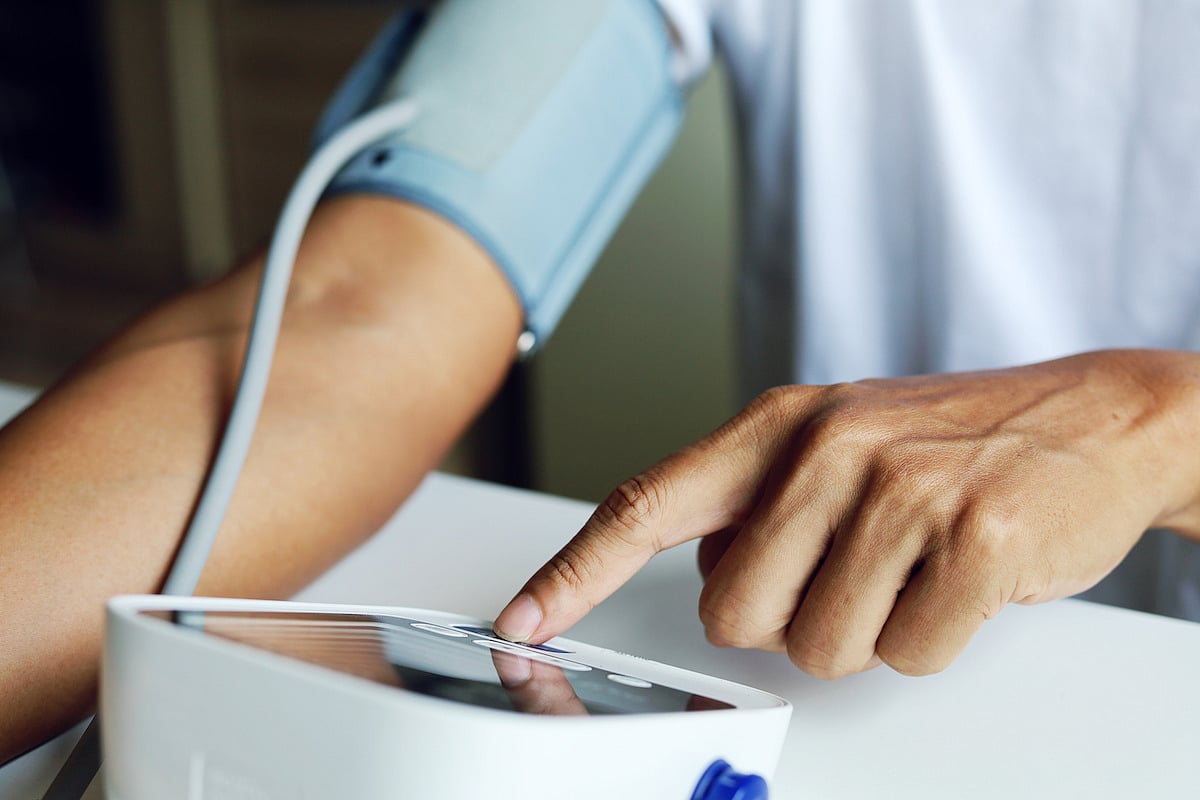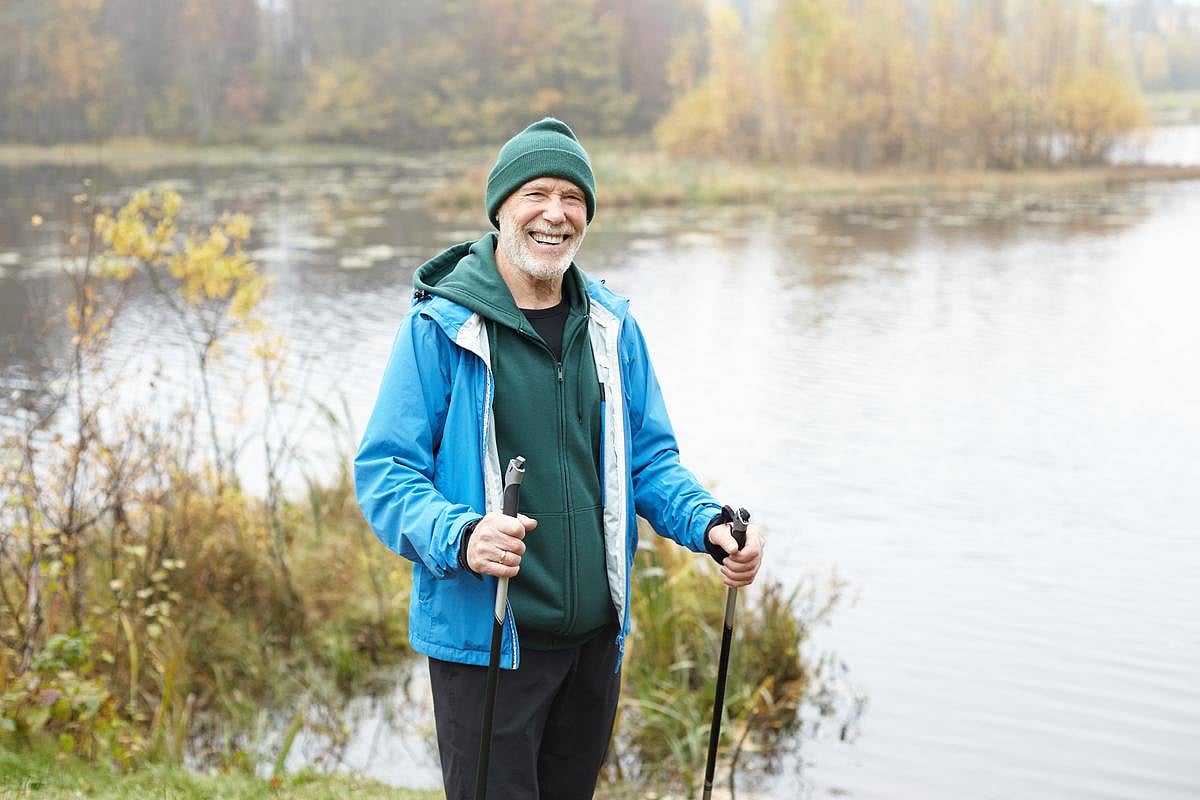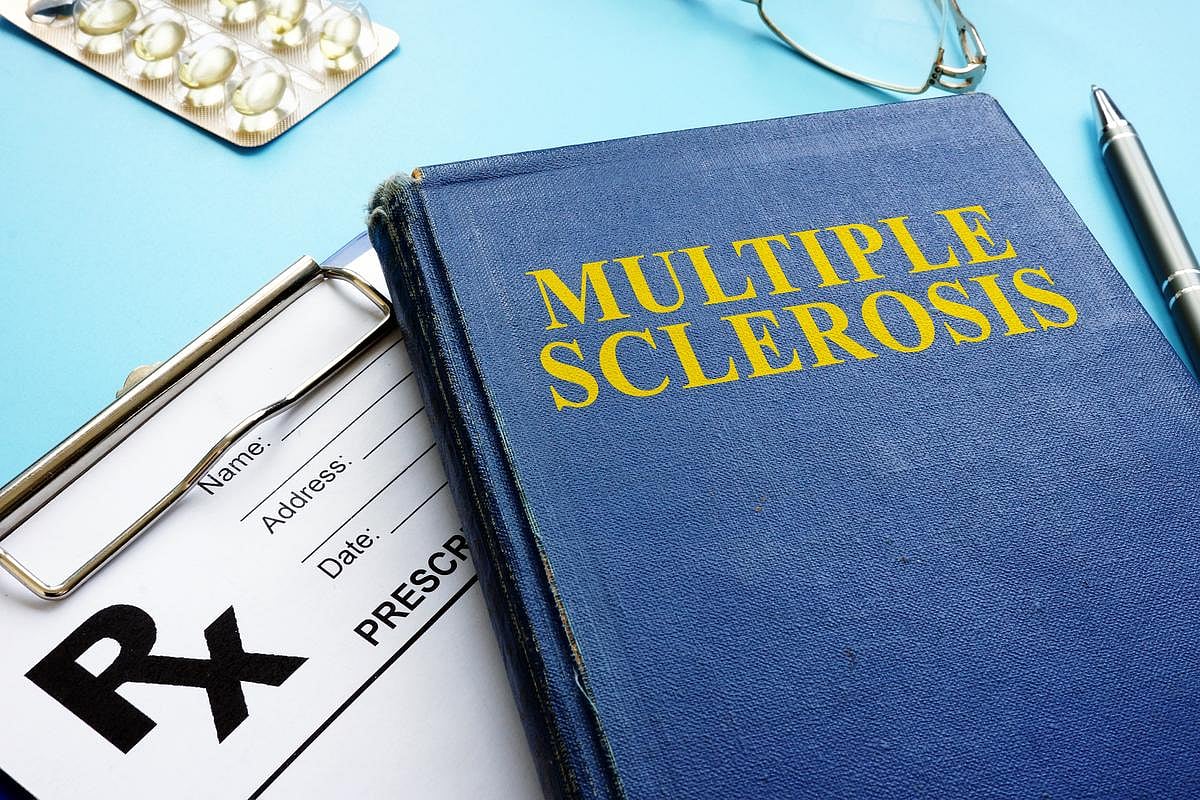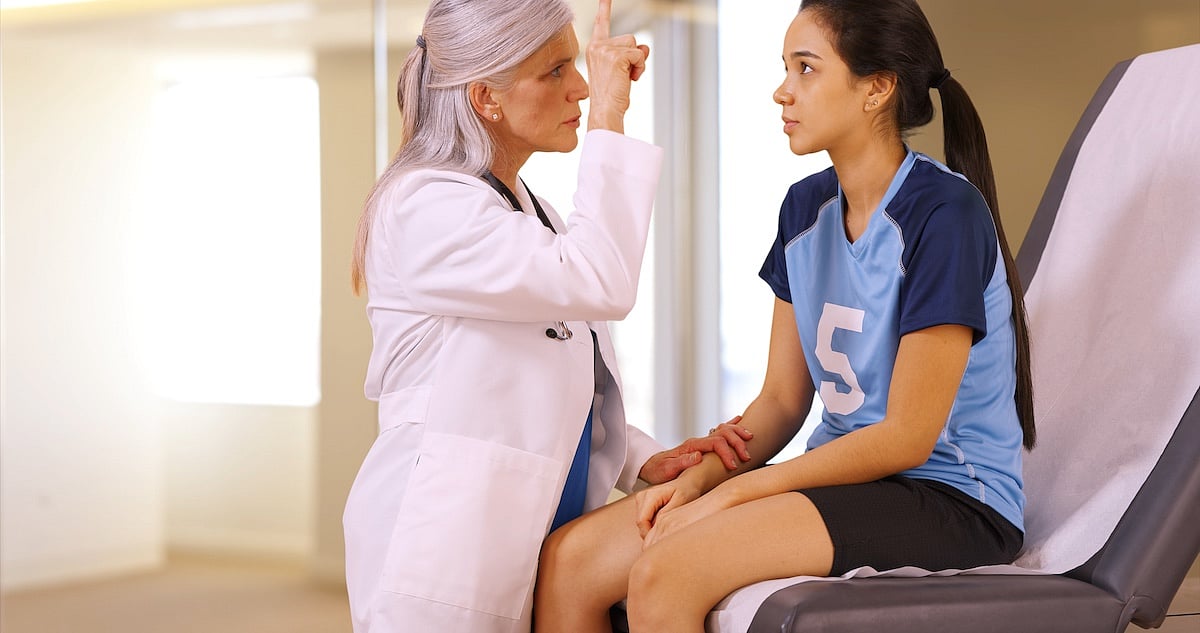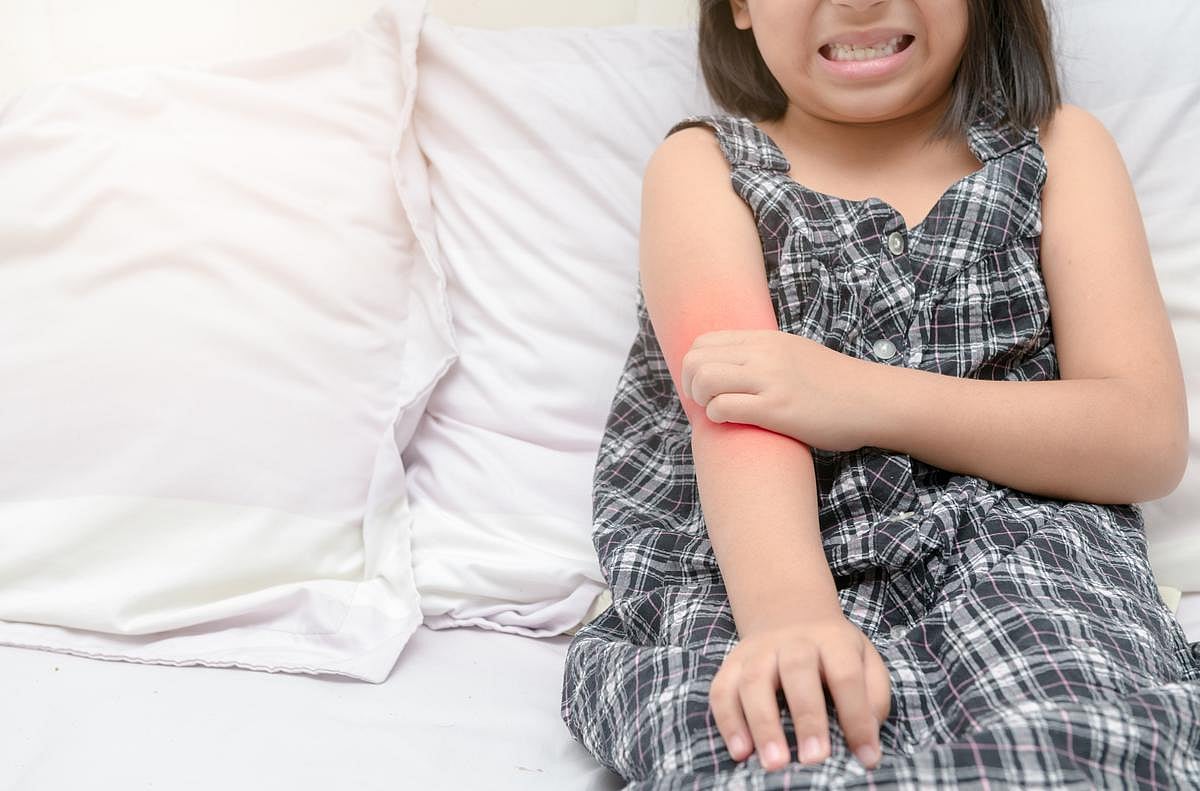
A cup of coffee might actually benefit some people with a common heart rhythm disorder, a new study says. Adults with atrial fibrillation who drank a daily cup of coffee were 39% less likely to have an episode of irregular heart rhythm, compared to those who avoided caffeine, researchers reported Nov. 9 in the Journal… read on > read on >










